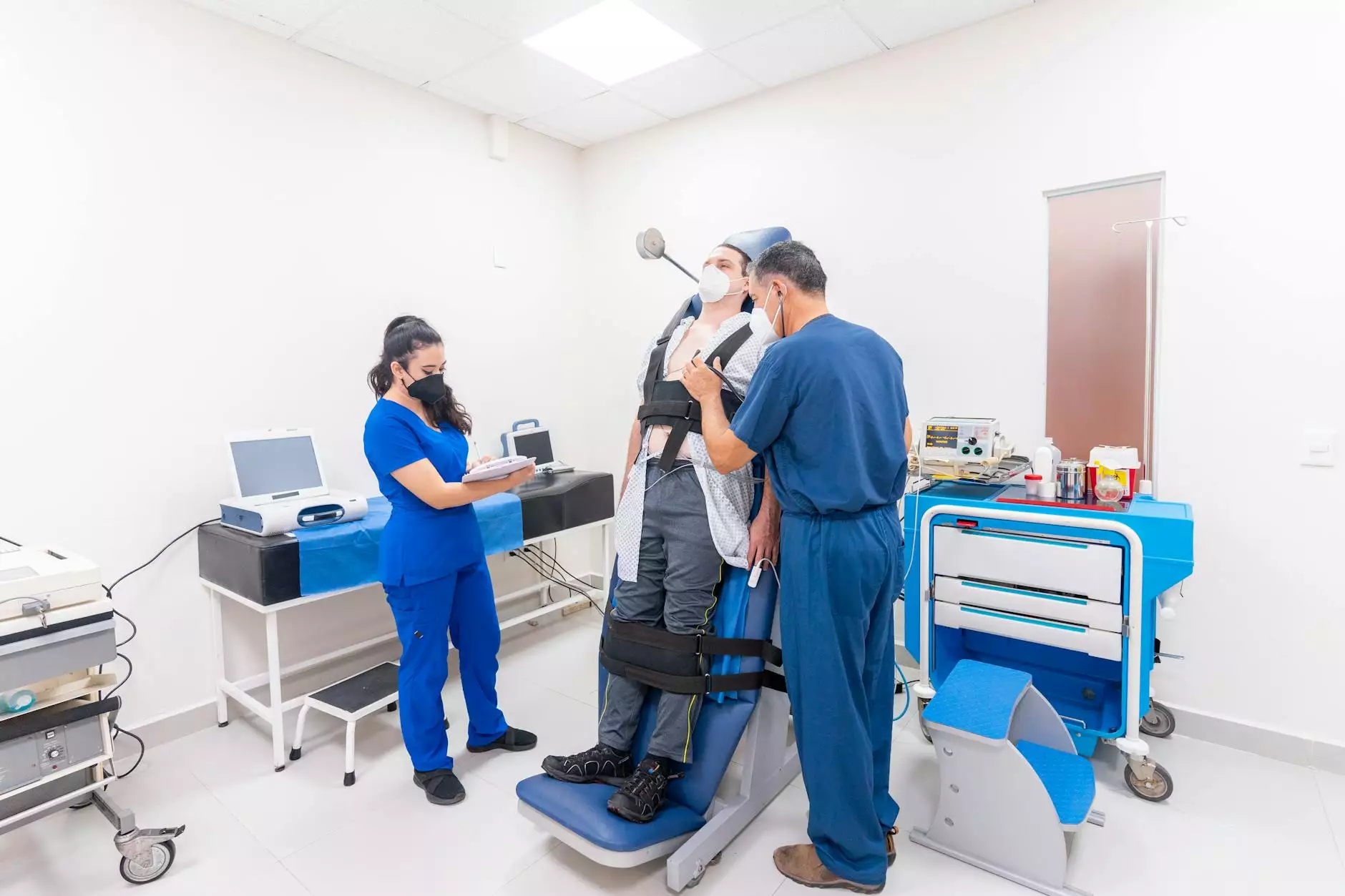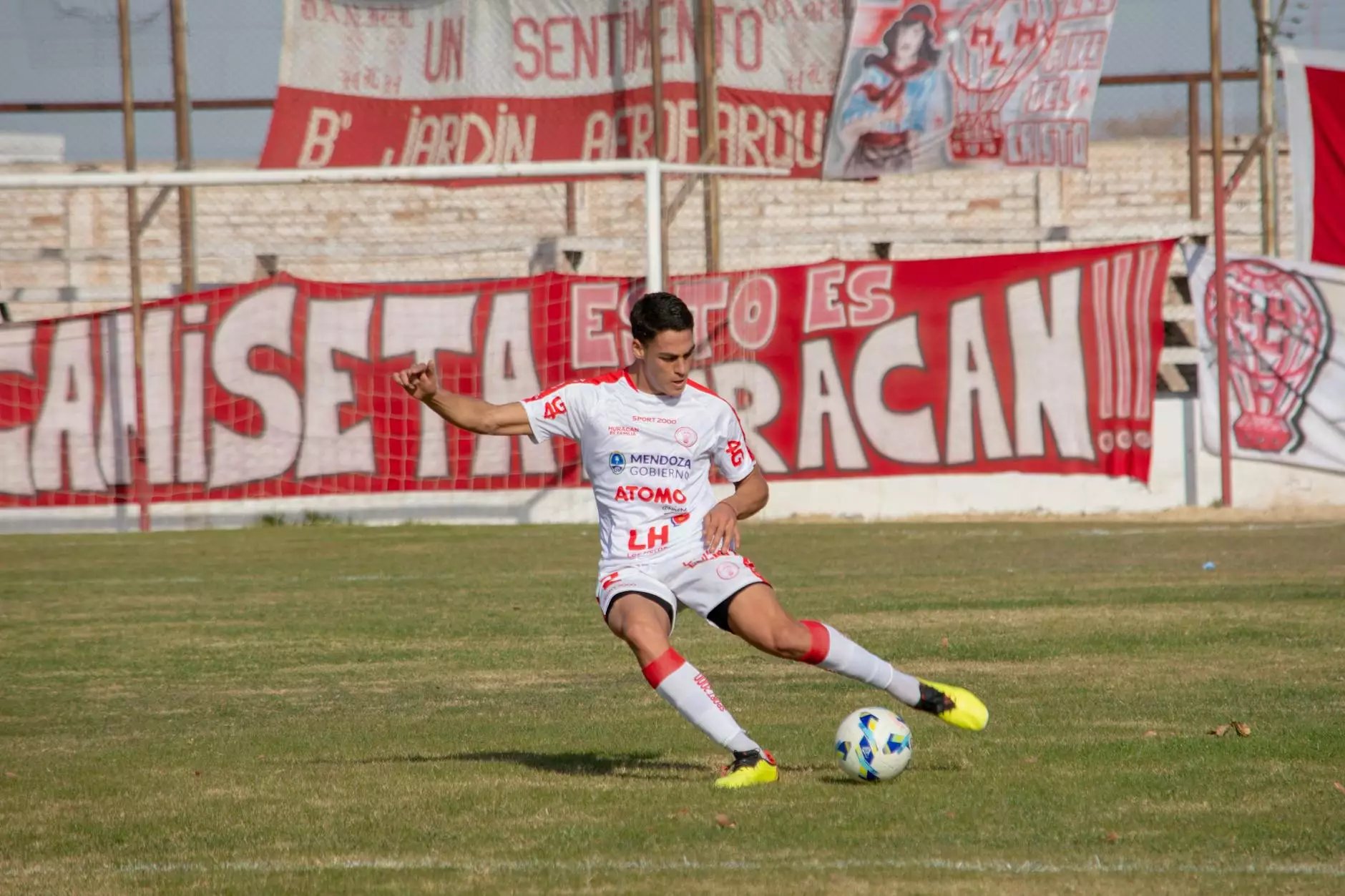The Best Pediatric Cardiologist: Ensuring Your Child's Heart Health

Pediatric cardiology is a specialized branch of medicine that focuses on diagnosing and treating heart conditions in infants, children, and adolescents. The importance of finding the best pediatric cardiologist cannot be overstated, as heart problems can significantly impact a child's growth, development, and overall health.
Understanding Pediatric Cardiology
Pediatric cardiology is essential for addressing a range of heart-related issues that can occur in younger patients. Some of the most common conditions dealt with by a pediatric cardiologist include:
- Congenital heart defects: Structural problems with the heart present at birth.
- Arrhythmias: Abnormal heartbeats that can lead to complications.
- Cardiomyopathy: A disease of the heart muscle that makes it harder for the heart to pump blood.
- Heart murmurs: Unusual sounds during heartbeats that may indicate underlying issues.
- Heart failure: A condition where the heart doesn't pump blood as well as it should.
Why Choose the Best Pediatric Cardiologist?
Choosing the right pediatric cardiologist is critical for ensuring that your child receives the highest level of care. Here’s why:
Expertise and Qualifications
The best pediatric cardiologists possess in-depth knowledge and specialized training in managing pediatric heart conditions. They have completed extensive education, including:
- Medical school
- Pediatric residency
- Fellowship in pediatric cardiology
Additionally, they often receive board certification, indicating their commitment to upholding the highest standards in pediatric cardiology.
Personalized Care Approach
Every child is unique, and their heart conditions may require tailored treatment plans. A proficient pediatric cardiologist will take the time to understand your child's specific needs and family history. This personalized approach leads to better outcomes and addresses the emotional and psychological aspects of dealing with a child's heart condition.
Access to Cutting-Edge Technology
The best pediatric cardiology centers are equipped with the latest technology and diagnostic tools. This includes:
- Echocardiography: A key imaging technique for visualizing the heart's structure and function.
- Cardiac catheterization: A procedure to diagnose and treat heart conditions.
- Electrophysiology studies: Tests that assess the heart’s electrical activity to diagnose arrhythmias.
- Magnetic Resonance Imaging (MRI): Advanced imaging used for detailed heart structure analysis.
Utilizing these state-of-the-art technologies allows for accurate diagnoses and effective treatment plans.
What to Look for in the Best Pediatric Cardiologist
When searching for the best pediatric cardiologist, consider the following factors:
Experience and Specialization
Check the cardiologist's experience in treating specific heart conditions your child may have. Experience often correlates with better treatment outcomes.
Hospital Affiliation
The pediatric cardiologist should be affiliated with a reputable children's hospital or medical center known for its cardiology department. This often ensures access to multidisciplinary care and specialists.
Patient Reviews and Testimonials
Reading reviews and testimonials from other patients can provide valuable insights into a pediatric cardiologist's approach to care. Look for feedback on:
- Communication skills
- Compassion and understanding
- Success rates
- Overall patient satisfaction
Approach to Family Involvement
A good pediatric cardiologist should actively involve families in the treatment process. They should provide clear explanations about diagnoses and treatment options and encourage questions and discussions about the best path forward.
Common Procedures and Treatments in Pediatric Cardiology
Pediatric cardiologists perform various procedures aimed at diagnosing and treating heart conditions. Some common procedures include:
Diagnostic Procedures
Diagnostic procedures are crucial for accurately identifying heart issues. These may include:
- Electrocardiogram (ECG): A test that records the electrical activity of the heart.
- Echocardiogram: This ultrasound technique allows doctors to visualize the heart's chambers and valves.
- Stress Tests: These assess how the heart performs under physical stress.
Treatment Options
Once a diagnosis is made, treatment options may include:
- Medications: Various medications to manage symptoms and improve heart function.
- Interventional procedures: Less invasive procedures to treat structural heart issues.
- Open-heart surgery: In some cases, surgical intervention may be necessary to correct congenital defects or other significant heart issues.
The Role of Family Support in Pediatric Cardiology
Family plays a crucial role in the treatment and recovery of a child with heart issues. Emotional support, maintaining a positive environment, and engaging in open communication with healthcare providers can greatly influence the child's recovery and overall well-being.
Education and Awareness
Families should educate themselves about their child's condition. Understanding the specifics can help parents advocate effectively for their child's needs and foster better communication with the medical team.
Emotional and Mental Health Support
Addressing the emotional and psychological aspects of living with a heart condition is vital. Consider the following:
- Seek counseling for your child and family.
- Engage with support groups for families facing similar challenges.
- Encourage open discussions about fears and concerns.
Conclusion: Prioritizing Your Child's Heart Health
Finding the best pediatric cardiologist is a significant step in ensuring your child’s heart health. With the right care, many children with heart conditions lead full, active lives. By understanding the role of pediatric cardiologists, knowing what to look for, and actively participating in your child’s healthcare journey, you can make informed decisions that positively impact your child's health and well-being.
For more information and to connect with leading pediatric cardiologists, consider visiting MediGlobus. They provide comprehensive resources and access to healthcare professionals who specialize in pediatric cardiology.









